Estimated reading time: 8 minutes
Seeing your feline friend suddenly panting can be startling. As a cat owner, you’re used to their quiet composure and calculating stares—not the heavy, open-mouthed breaths more typical of a dog after a long run.
Did you know that while dogs regularly pant to cool down, cats usually don’t? When your furry companion starts to breathe with labored effort, it’s often an indicator that something isn’t quite right.
From stress-related incidents to possible underlying health concerns, our article will delve into the reasons behind this uncommon behavior in cats. We’re here to guide you through recognizing when panting is normal playfulness and when it could spell trouble.
Key Takeaways
- Cats usually pant to cool down after playing hard or when stressed. Giving them a break and a calm space can help.
- Panting in cats can be a sign of serious issues like heatstroke, pain, heart disease, or respiratory problems.
- If panting is severe, lasts over 10 minutes, or comes with other symptoms like blue gums, it’s time for an emergency vet visit.
Common Causes of Cat Panting
Cat owners often find it curious – and sometimes alarming – when they notice their feline friend panting. Unlike their canine counterparts, cats usually keep cool through less obvious means, so understanding the nuances of cat panting can reveal important clues about their health and well-being.
Let’s delve into why your whiskered companion might be huffing a bit more than usual.
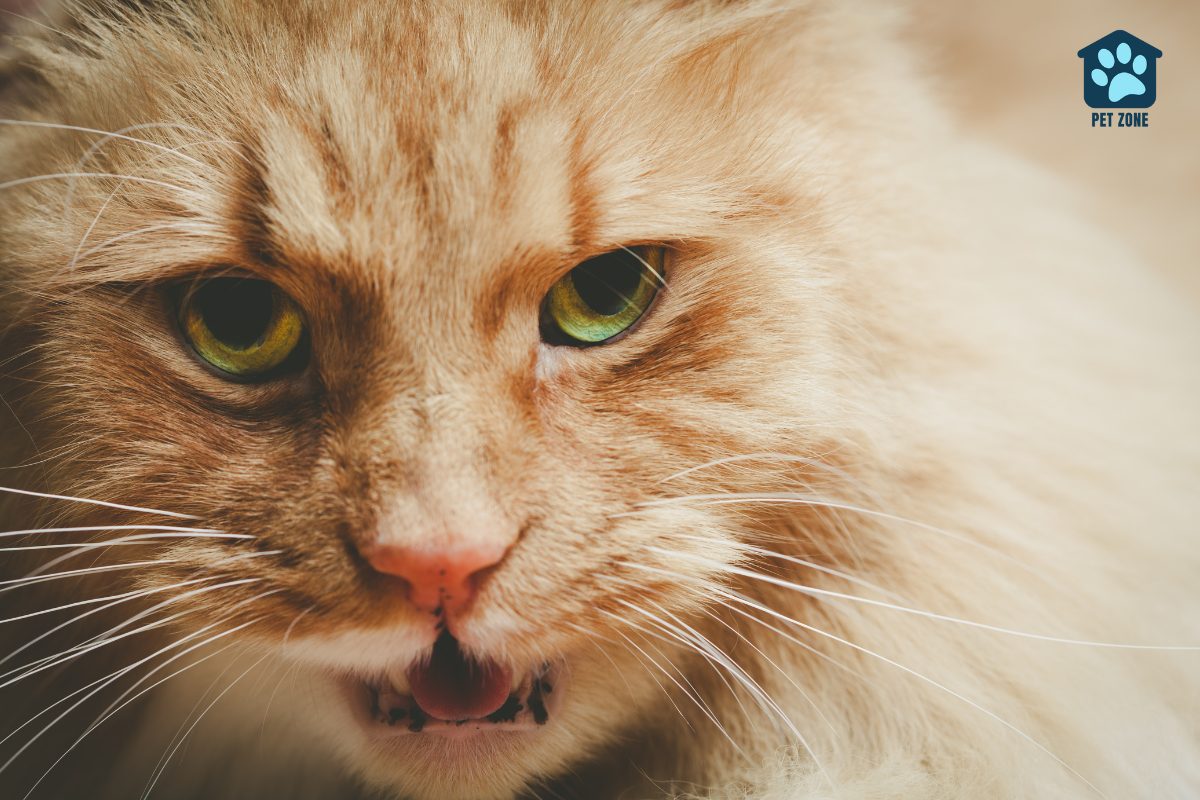
Normal Panting During Play
Cats, especially kittens, often pant while playing hard. Their little bodies work up a sweat just like humans do when exercising.
After chasing toys or jumping around, it’s normal to see your cat breathing fast. This type of panting helps them cool down and catch their breath.
If you notice your cat panting during play, give them time to rest. Make sure they have a comfy spot to relax and some water to drink.
Once they’ve had enough time to settle down, their breathing should return to normal. If the panting stops after a break, there’s usually no need for worry!
Stress-Induced Panting
Cats may pant when they feel stressed or anxious. Loud noises, a new environment, or changes at home can make them nervous and also cause your cat to pant.
You might notice other signs too – like shaking, hiding, or even bathroom accidents. These are clues that your cat is not feeling safe.
If your pet starts panting due to stress, think about what’s different in their world. It could be visitors, a recent move, or another animal nearby causing fear.
Help by creating a calm space where your feline friend can relax away from the stressor.
If the heavy breathing doesn’t stop once things settle down, consider getting help from a vet to keep your cat comfortable and healthy.
Recognizing Unusual Panting
While a dash of panting in play is normal, there’s that threshold where it slips into the unusual—signaling something more serious.
It’s like your feline friend sending an S.O.S.; you need to tune in and decode when their breaths say “help” instead of “having fun.”
Panting as a Sign of Heatstroke
Cats can overheat just like people do. They might start panting if they get too hot. This kind of panting is different and can be dangerous.
If you see your cat breathing fast, drooling, or acting tired all of a sudden, it could mean heatstroke. Keep an eye out for these signs on hot days.
Make sure your furry friend stays cool to prevent heat problems. Always give them water and a shady spot to rest. If their panting doesn’t stop or they seem sick, take them to the vet right away.
It’s better to get help early than wait until things get worse!
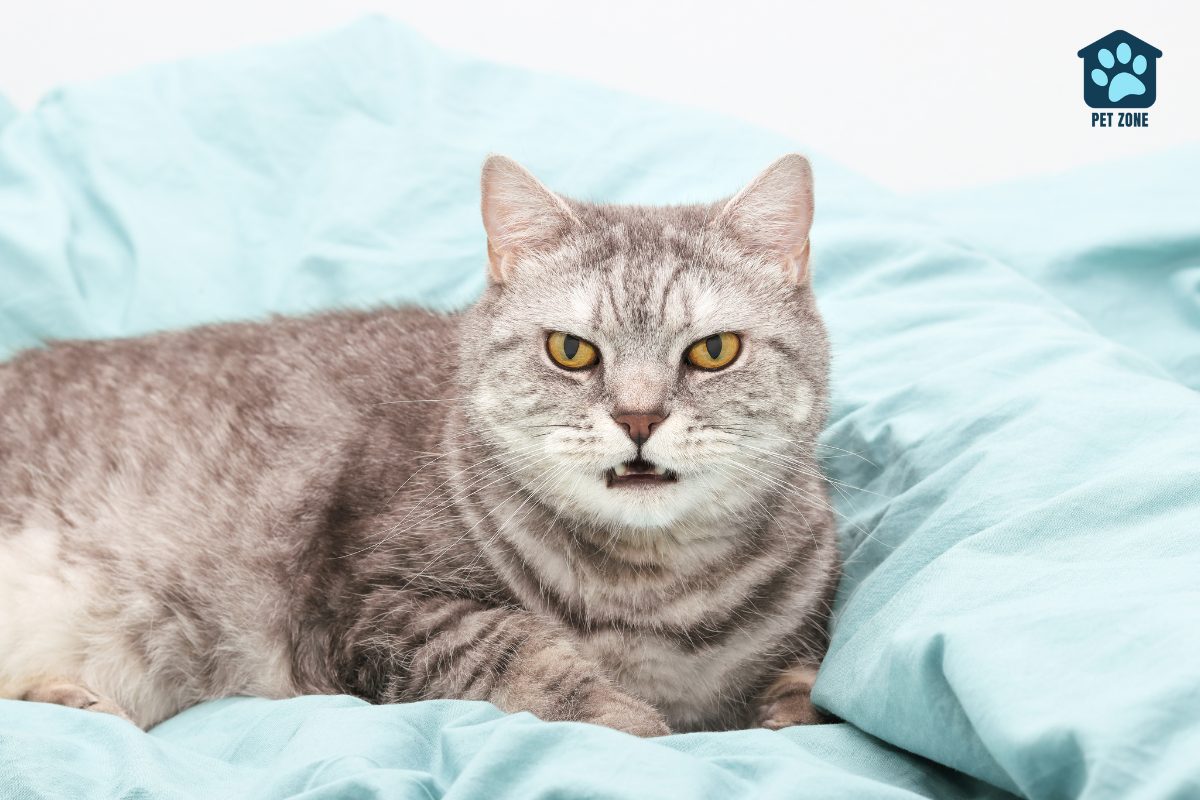
Panting Indicating Pain or Illness
Panting might mean that your cat is in pain, hurting, or sick. Sharp pain, heart issues, and breathing problems can all make a cat pant.
Sometimes, a cat breathes fast because of stress or fear. But if you see other signs like hiding or not eating, they may need help from a vet.
Acid-base imbalance can also lead to heavy panting as well as abnormal heart rhythms.
Watch how your pet acts after playtime to spot any odd panting that doesn’t stop when the fun ends. If their breathing doesn’t go back to normal after relaxing, consider getting veterinary care immediately to keep them safe and healthy.
Panting Due to Respiratory Conditions
Cats with respiratory issues often pant. Heartworm Associated Respiratory Disease (HARD) is one serious condition that might make your cat pant. This disease affects the heart and lungs, causing rapid breathing or difficulty catching a breath.
You may also notice wheezing, coughing, and symptoms like a stuffy nose if your cat has lung problems.
Other health problems can make cats breathe hard too. These include asthma/bronchitis, pneumonia, and heart disease.
If you see your cat’s breathing change suddenly or it starts to breathe heavily out of nowhere, these could be warning signs.
It’s critical to watch for labored breathing as this means they’re struggling for air – getting them help quickly could save their life.
When to Seek Help from Your Vet
Your cat may need immediate medical attention if you notice unusual panting. It’s crucial to spot signs that require an emergency veterinarian visit.
- Severe panting or breathing heavily, especially without exercise, could mean your pet is in distress.
- Watch for open-mouth breathing combined with a bluish tongue or gums; this signals a lack of oxygen.
- Bring your cat to the vet immediately if they are drooling excessively and panting; this combo often points to poisoning or heatstroke.
- Act fast if your cat has trouble walking or collapses while panting; these are serious warnings of heart or lung issues.
- Seek veterinary help if panting is accompanied by coughing or wheezing; your furry friend could have asthma or another respiratory condition.
- Don’t delay if your pet’s belly moves more than usual during breaths; this might indicate pain or discomfort causing an increased respiratory rate.
- Notice if your cat pants after escaping from a hot area; it’s a sign that your cat may be suffering from heat-related stress.
- Give your cat immediate care if they’re struggling to breathe after eating or playing with small objects; they might have choked on something.
- Observe if the heavy breathing continues for over 10 minutes without settling down – get your cat some help as it’s not just tiredness.
- Let your vet know about persistent abnormal sounds when your cat breathes, as this could be fluid in their lungs.
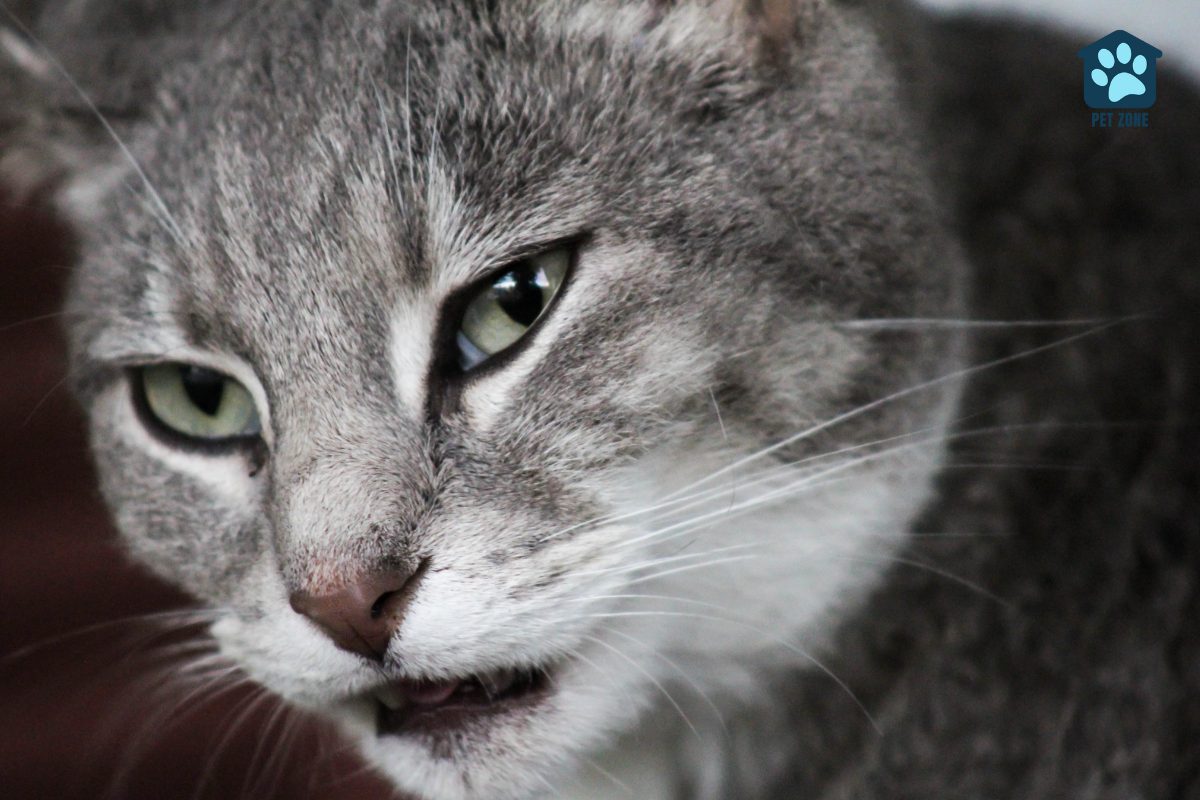
Conclusion
Cats pant for many reasons, like playtime fun or feeling scared. Sometimes it’s more serious, such as heatstroke or heart trouble. If your cat pants a lot without stopping, this could mean there’s pain or illness.
Watch how they breathe and act; if things seem off, see a vet fast. Keeping them cool and calm may help stop the panting. Remember to care for them well so they stay happy and healthy!
Frequently Asked Questions
Cats may pant due to being too hot, stressed, or after intense play or exercise. However, if your cat is panting without a clear reason, it could signal a medical issue.
If your cat continues to pant and you can’t figure out why, it’s important to contact a vet immediately as it could be an emergency requiring professional care.
No, it’s not typical for cats to breathe heavily or pant like dogs. If you notice this behavior in your pet, pay close attention as it may indicate that something is wrong.
Yes, asthma in cats can lead to difficulty breathing which may be seen as excessive panting – keep an eye on their breathing rate and consult with the vet if concerned.
It’s common for kittens or adult cats to briefly pants after active play but watch how quickly their breathing returns to normal – prolonged heavy breathing needs checking out by a vet.
Stress and anxiety can indeed cause your pet to show symptoms of heavy breathing or even make them start panting unexpectedly; consider ways of keeping your feline friend calm and comfortable.
As an Amazon Associate I earn from qualifying purchases.
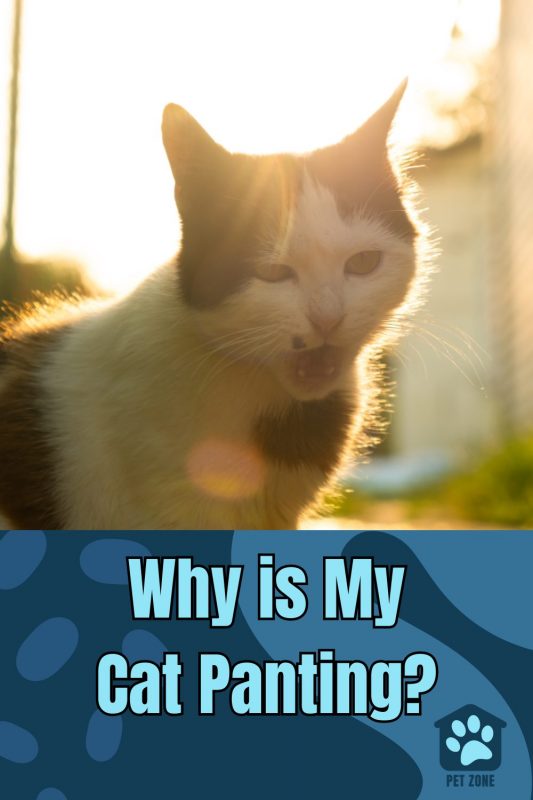


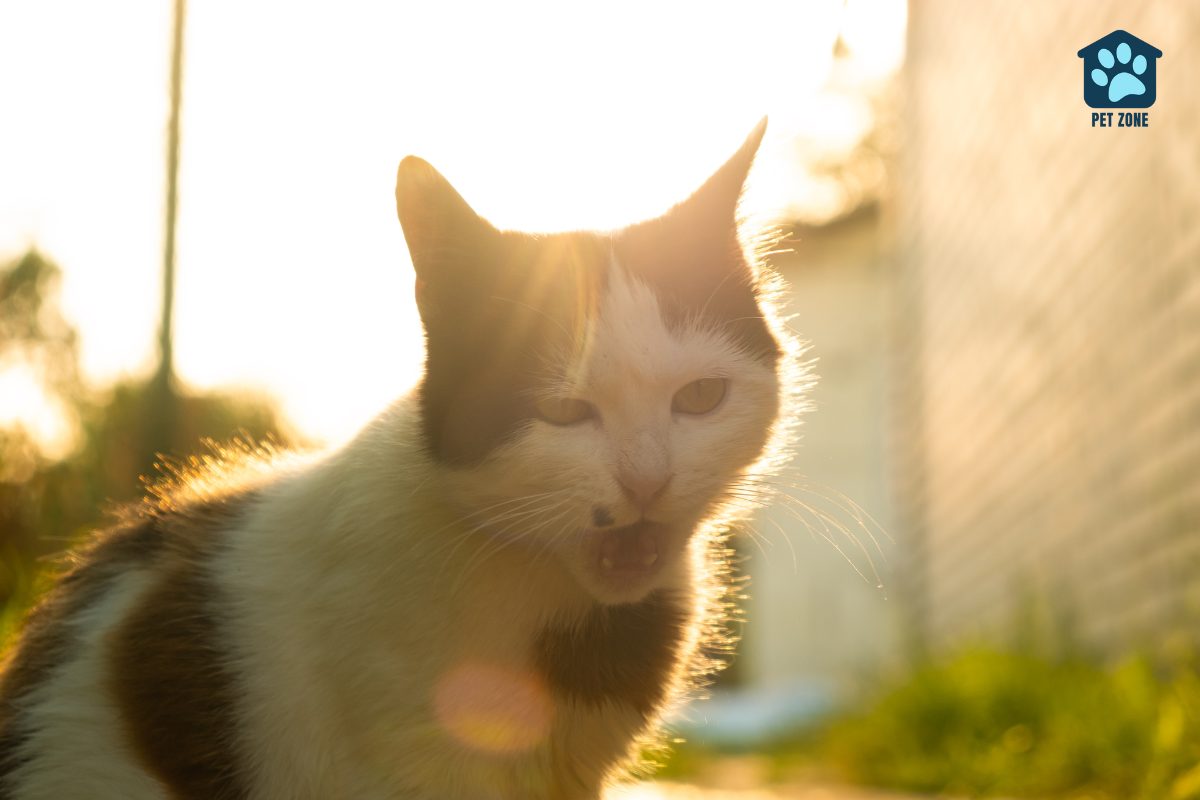
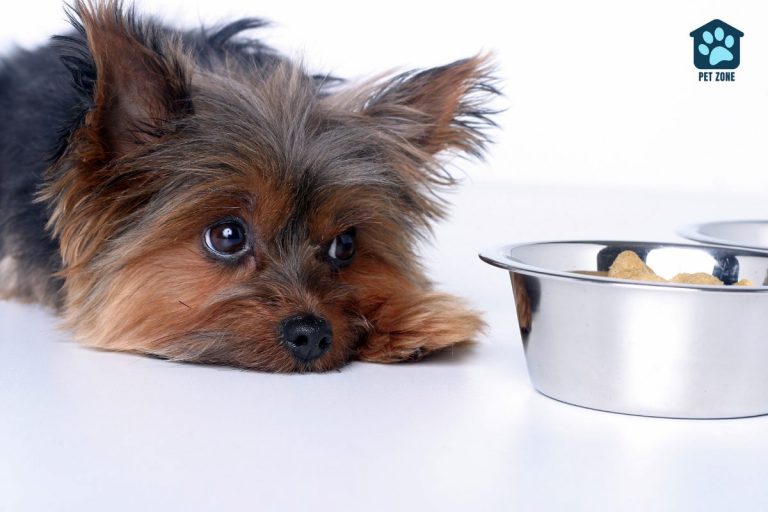
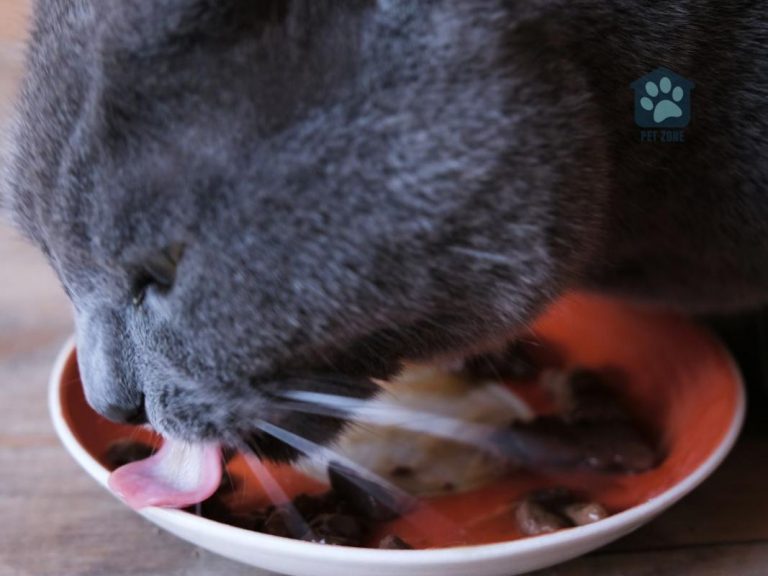
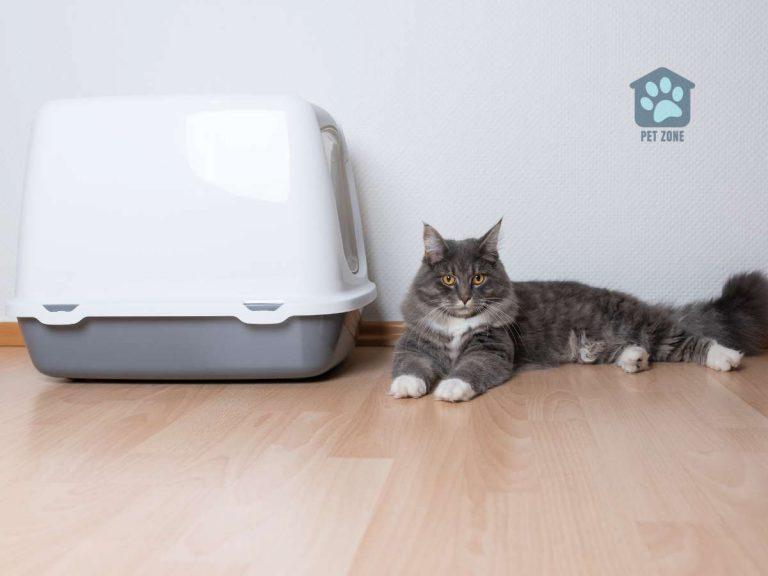
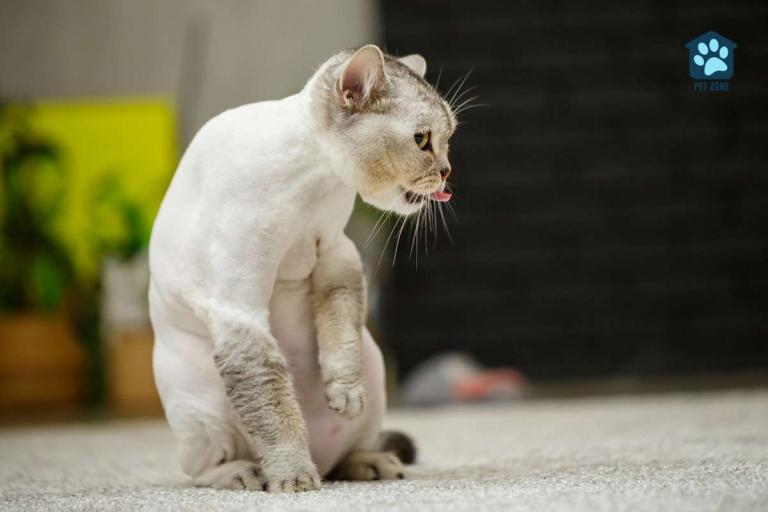

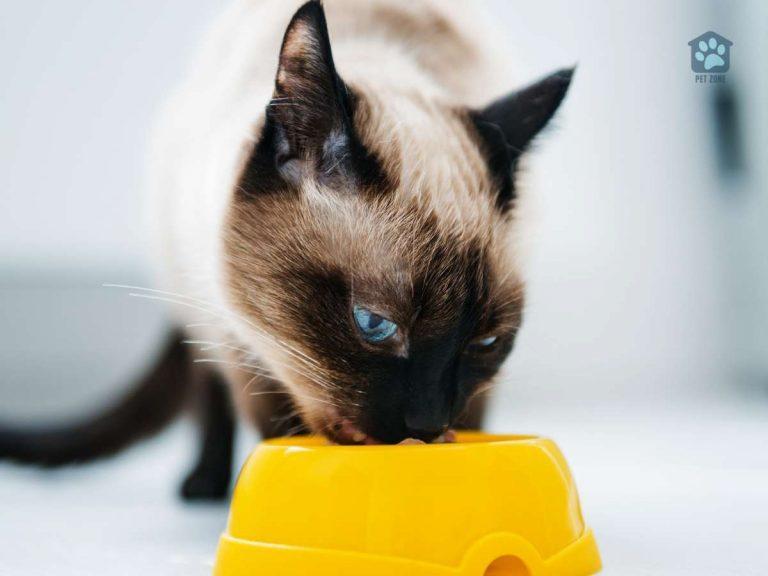
Great information. My sister has a cat who does this and she wasn’t sure why, I’m sending her this now!
Informative post. I always wonder why cats pants. I always assume they were thirsty. But your possible reasons for cats panting is alarming. Thanks for sharing.